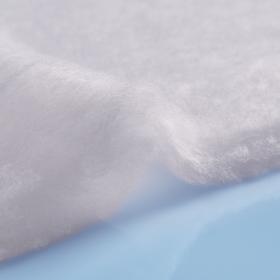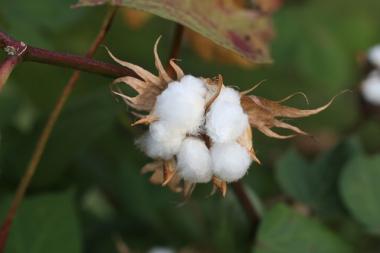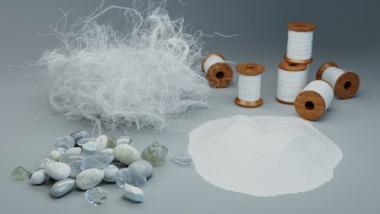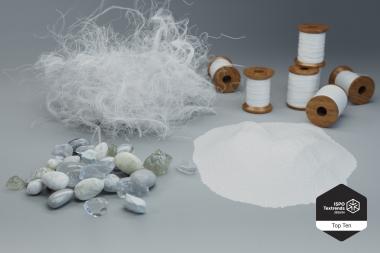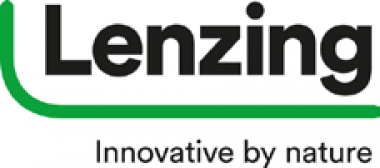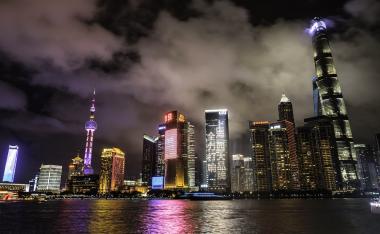Indorama Ventures’ Deja™ brand named winner of the Best Sustainable Product Award
Indorama Ventures Public Company Limited (IVL) has been named winner of the Best Sustainable Product Award at the Chemical Week Sustainability Awards 2022. The award was for IVL’s DejaTM Carbon Neutral pellets, a carbon-neutral virgin polyethylene terephthalate (PET) resins, helping to reduce environmental impact.
The Deja™ brand covers carbon neutral virgin and recycled PET resins and a range of recycled PET (rPET) products, including flakes, resins, fibers, and yarns. It provides IVL’s global customers with a range of high-performance applications, including packaging, lifestyle, automotive, apparel, and medical equipment. The solutions help environmentally conscious companies meet their sustainability goals.
IVL has set ambitious 2025 and 2030 targets, which shall be met through its six-pronged decarbonization strategy, including energy transition, improving operational efficiency, circular feedstock, and future technologies. The company also has a goal to recycle 100 billion PET bottles annually by 2030.
Chemical Week Sustainability Awards recognize the industry's best efforts in addressing financial, operational, and strategic challenges by focusing on ESG and sustainable product development. The awards were assessed by S&P Global, the world's leading credit rating agency, and a panel of experts from various companies across the chemical industry's value chain.
Indorama Ventures Limited Chemical Week Sustainability Awards chemicals Sustainability PET Automotive Medical & Healthcare apparel
Indorama Ventures Public Company Limited







